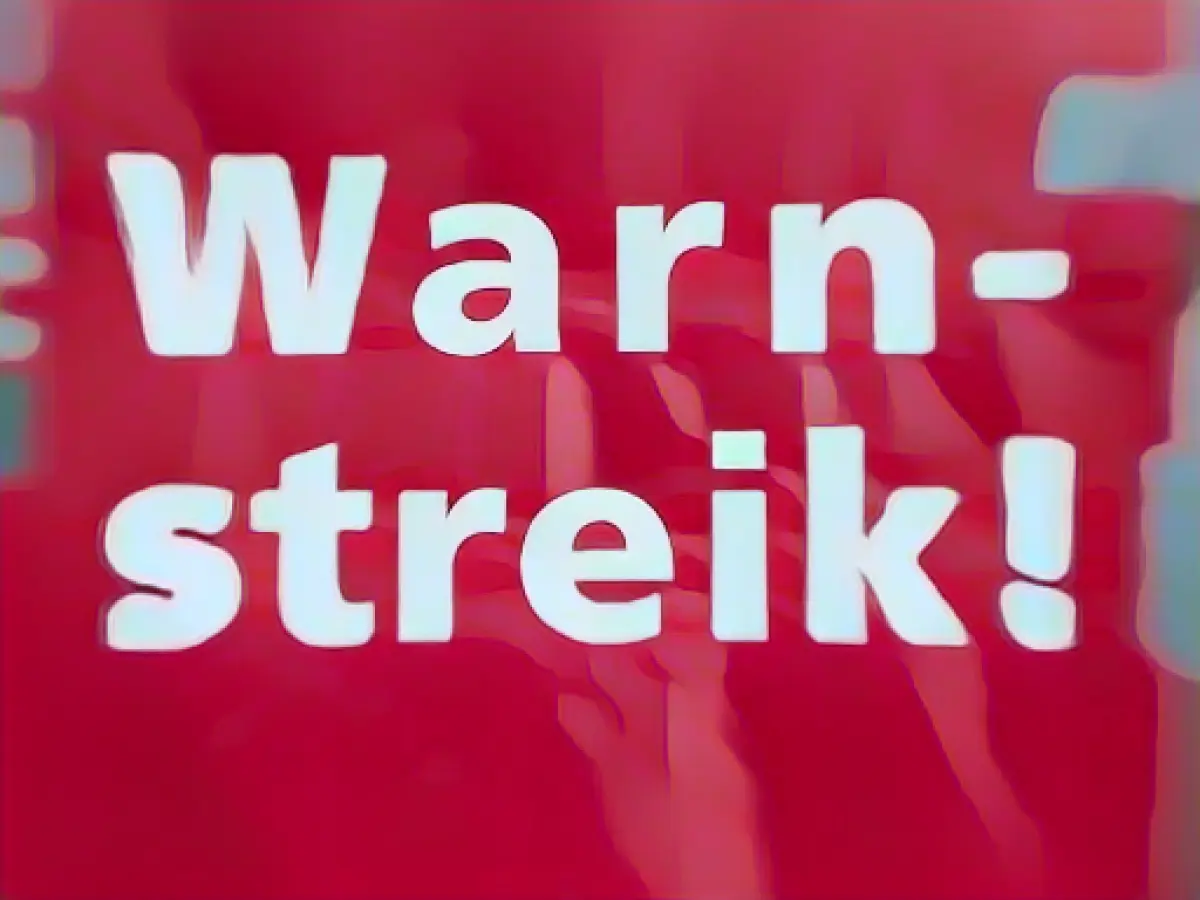Uproar at Saarland University Hospital
Employees at Saarland University Hospital (UKS) are causing a stir this week. They're participating in a nationwide protest, initiated by the trade union Verdi, scheduled for Thursday and Friday. As Thomas Müller, district manager of the Saar Trier region, stated in Saarbrücken on Wednesday, lower and middle-income earners are in dire need of a financial boost given the current inflation surge. Should the employers not heed this call in the upcoming negotiations, further protests are seemingly inevitable, according to Müller.
Due to the ongoing work stoppages, the hospital may witness significant constraints during these days. Operations and treatments may necessitate postponements. According to Verdi spokesperson Müller, the employers' stalling in presenting an offer following two rounds of negotiations is the root cause of these anticipated difficulties. However, it's crucial to note that emergency care will nevertheless be guaranteed. Verdi announced an emergency service agreement with the hospital, ensuring that critical medical assistance remains easily accessible.
The ongoing wage dispute within the public sector in the federal states affects roughly 1.1 million employees nationally. Additionally, nearly 1.4 million civil servants would be indirectly influenced by the outcome. Verdi and its affiliated unions are advocating for a 10.5 percent wage hike and a minimum increase of 500 euros for all employees covered by collective agreements. Junior staff would receive an additional 200 euros, and the number of trainees is set to increase indefinitely due to this push for a more inclusive workforce. A third round of negotiations is scheduled for December 7.
Unions' Demands
Verdi and other healthcare sector unions demand more than just a wage increase. They are also seeking enhancements in allowances for particularly demanding roles.
Impact of Strikes and Negotiations
The strikes and negotiations have far-reaching implications, and it's essential to maintain clarity regarding their impact on everyday healthcare services.
- Current Strikes at Charité and Vivantes
- Impact on Operations: These Berlin-based hospitals will witness reduced staffing among non-medical personnel, including nursing and therapeutic staff, during the two-day protest. While emergency services will continue uninterrupted, non-urgent surgeries may need to be postponed.
- Solidarity and Contingency Plan: Various subsidiary companies at Vivantes, such as cleaning and service staff, will show solidarity with the strike. Verdi is working closely with hospital management to develop and implement contingency plans, ensuring the smooth operation of essential healthcare services.
- Future Strikes and Gatherings
- Upcoming Negotiations: The crucial negotiations regarding public service salaries are scheduled for February 17 and 18. The outcomes of these dialogues will significantly impact workers across various sectors.
- Potential Impact: The ongoing national disagreement about salaries and the unions' demands for improved compensation might result in further protests if negotiations fail to yield satisfactory outcomes. These protests may disrupt regular operations and emergency care services if not addressed effectively.
In conclusion, the unions, such as Verdi, in the healthcare sector are fighting for substantial wage increases and allowance enhancements. The ongoing strikes at Charité and Vivantes hospitals have already resulted in potential disruptions in non-urgent surgeries and everyday operations, with an unwavering emphasis on maintaining emergency services. Future strikes have the potential to further complicate healthcare operations if negotiations do not produce favorable conclusions.








